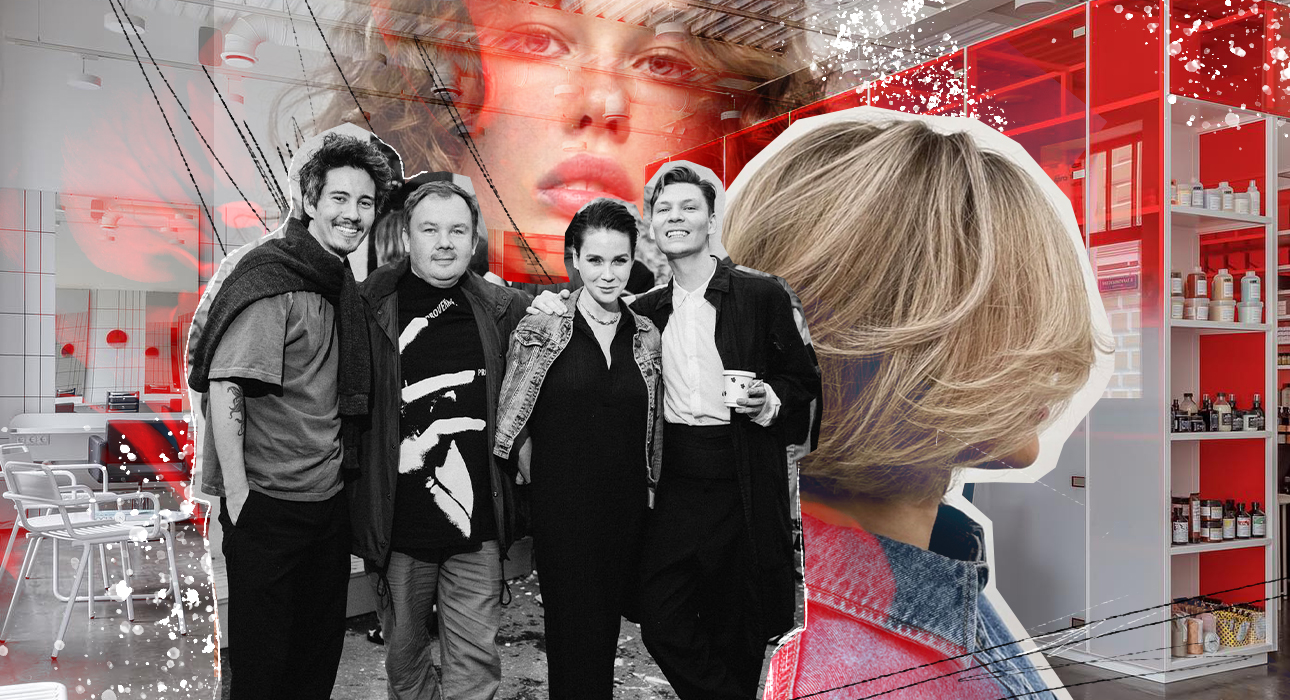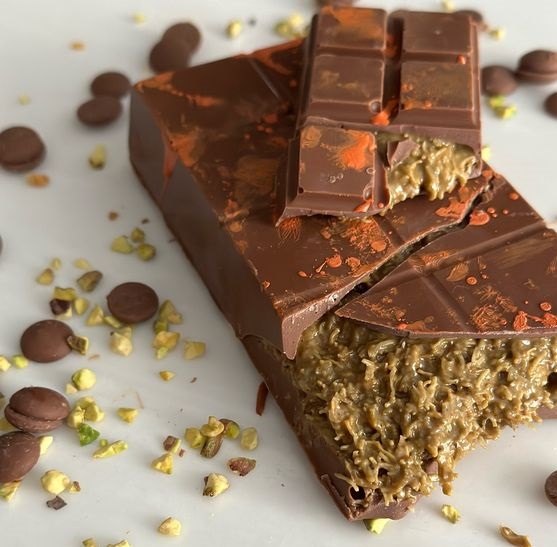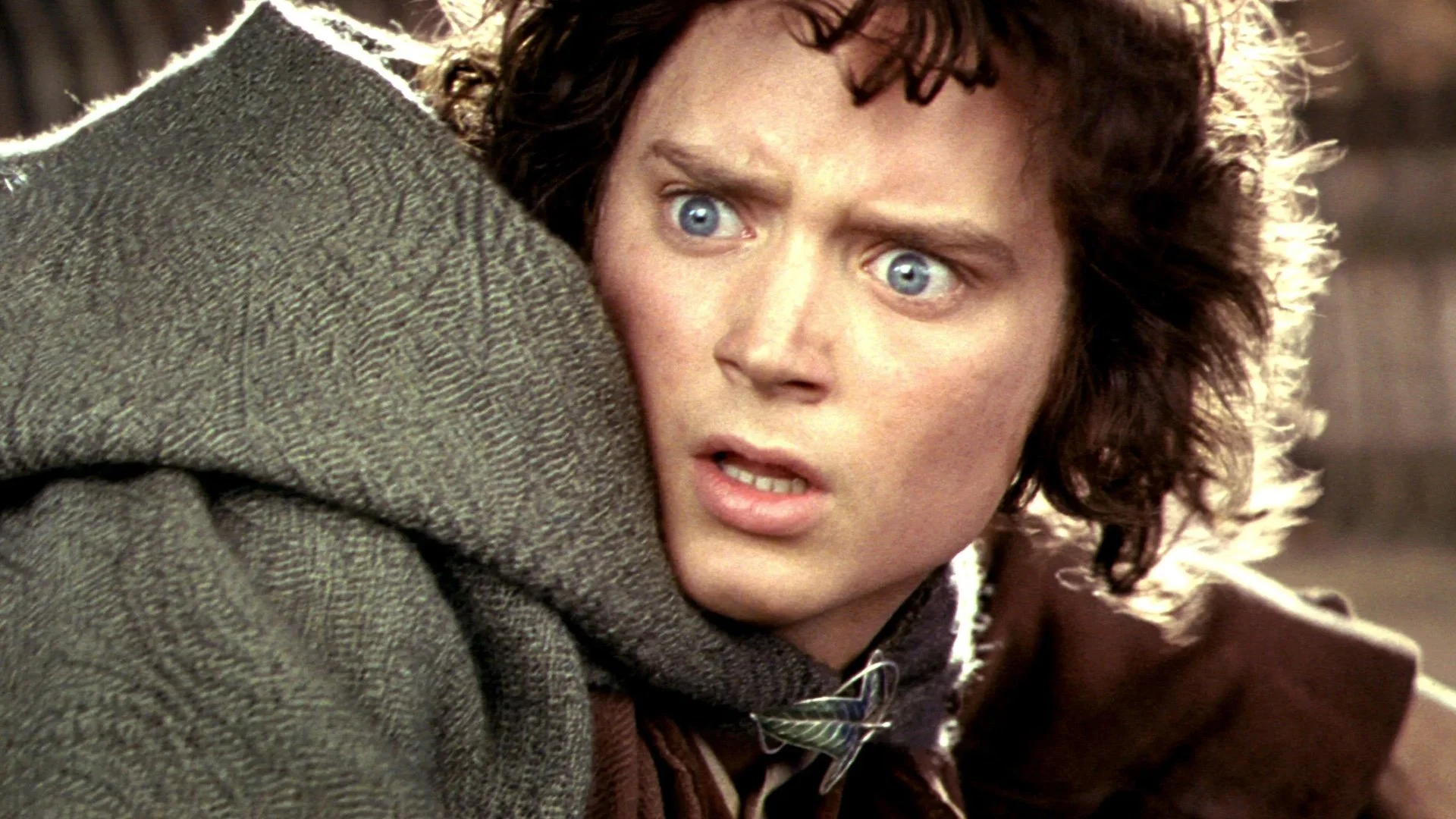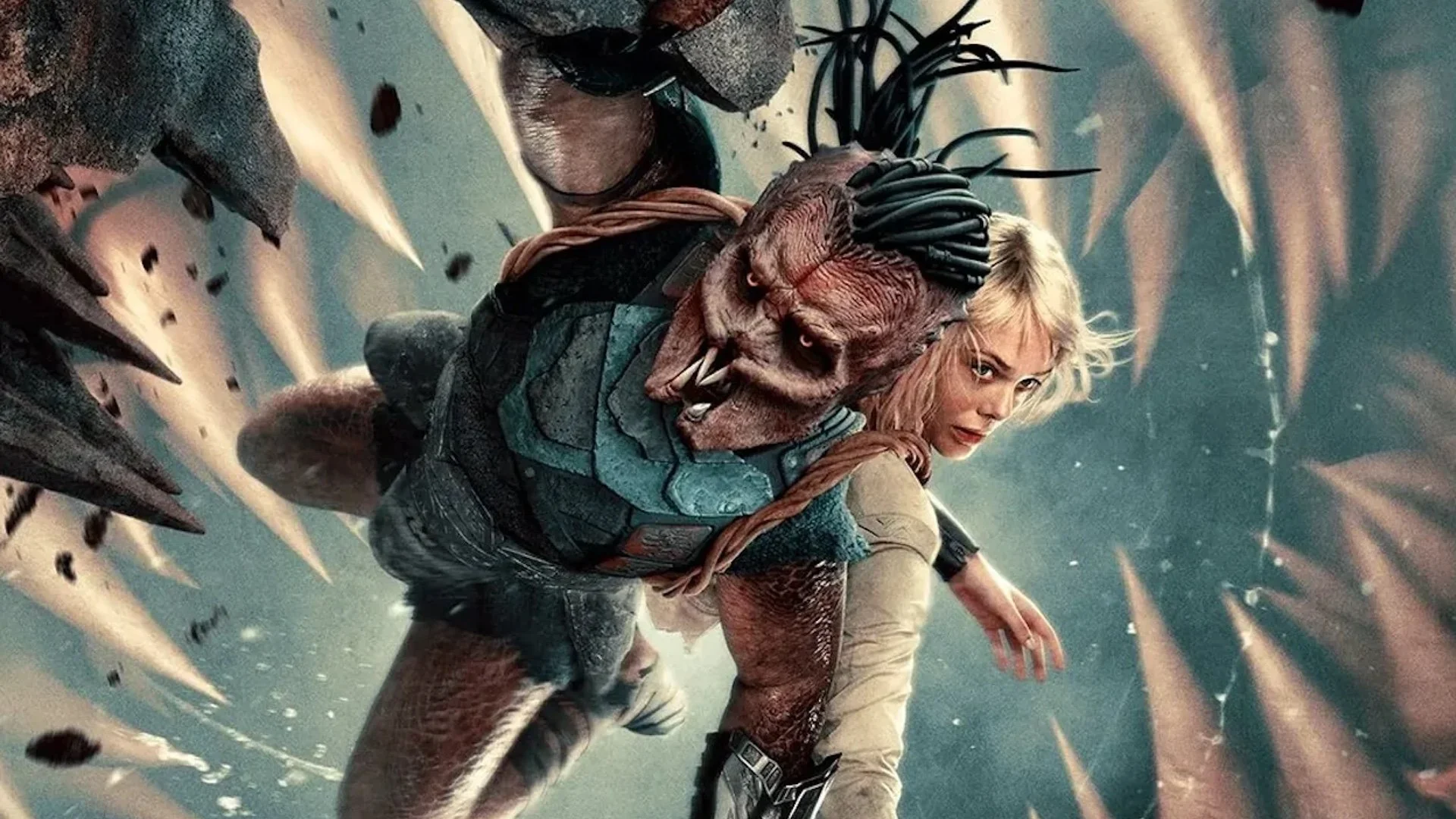In the past two decades, the salon business in Russia has undergone major changes. In the early 90’s we adopted the Western trend. The most popular areas at that time were multifunctional – they could do everything at the same time – haircut, manicure, makeup and styling. In this form, halls existed for a long time, but in the late 2000s – early 10s, the wind of change blew again, bringing with it a trend for mono studios. Now the salons have begun to narrow the range of services with certain services. For example, hairdressers.
Perhaps the most famous barber at the moment is KULTURA. The first location opened in 2019 on Belorusskaya, Moscow. Today there are three hairdressing salons in Moscow and two in Nizhny Novgorod. The work schedule of many masters is planned one and two months in advance – we know this firsthand. Polina Podpletnaya, founder of 2mood, Sasha Zharkova, co-founder of SETTERS communication agency, and model and influencer Sasha Markina get a haircut within the walls of Kultura barbershop. And some clients fly specifically from Europe to freshen up their blondes.
We talked to the three founders of the project – Alexey Goncharov, Dmitry Tsoi and Denis Borisov – why mono studios are popular now, which theater formats are a thing of the past, and how to create a pleasant atmosphere to work in a team.
How was the hairdressing business when you opened your first salon?

Dmitry Tsoi: When we opened KULTURA, there were already interesting and trendy hairdressing projects with an alternative perspective to the industry. I also worked at Chop-Chop, Birdie. He had someone to inspire and develop his ideas. Specifically, we wanted to start a single project with clear expertise, so we named ourselves a hairdresser. Now, a few years later, there are many more projects with an idea and a philosophy, so the competition is higher.
Alexey Goncharov: The quality of beauty services in Russia has always been at a high level. It’s just that the horizons need to be moved all the time, so we decided to play and move.
What hall formats are currently in demand?


Alexey Goncharov: The concept of Western beauty salons and spas came to us in the early 90’s. So-called lounges existed until a new fashion came from the West for single lounges. For manicures, we now go to the nearest nail salon, for eyebrows – our favorite eyebrow bar, for beard trimming – to a barber. And this is due to the fact that people are becoming more demanding. It’s hard to get a cool nail master, colorist, and beautician in one place. Therefore, despite the utilitarian idea of the hall, he came for half a day and visited all the necessary specialists in one place. Customers began to prioritize service quality.
Which hall formats do you think are a thing of the past?
Alexey Goncharov: All of the above is a thing of the past. All these salads are from experts in every field in 100 square meters. I think it is almost impossible to gather super professionals from different fields in a project, to train and develop them continuously. At some point it is necessary to hammer – and here there will certainly be a result and success.
Dmitry Tsoi: Halls where there is no communication and dialogue between the team and the management. Hairdressers themselves are a business unit and only mutually beneficial partnerships result in cooperation.
Now salons in Moscow can be conditionally divided into innovative, stylish places and studios focused on the average price range. What categories would you categorize hairdressers into?


Alexey Goncharov: Of course, we should add the barbers here. It seems we’ve always lived with them, but actually only a little over 10 years. The old guard of expensive salons has hardly disappeared, either. Although they seem to have been a little less. In general, all these sections are very conditional.
Dmitry Tsoi: I would split it into two: cool projects and others.
There are more beauty collaborations now, so many masters do not want to work in salons. How to hire a master?
Alexey Goncharov: Everyone chooses for himself the place where work is comfortable and “tasty”. Once a person has made a decision, it will not be possible to keep anyone. And the main thing at work, personally my principle is love! Your job, your colleagues, your workplace, your customers. Just like in any job. Only love can ignite and move. Only with love can maximum efficiency be achieved. And if there is no love then what’s the point?
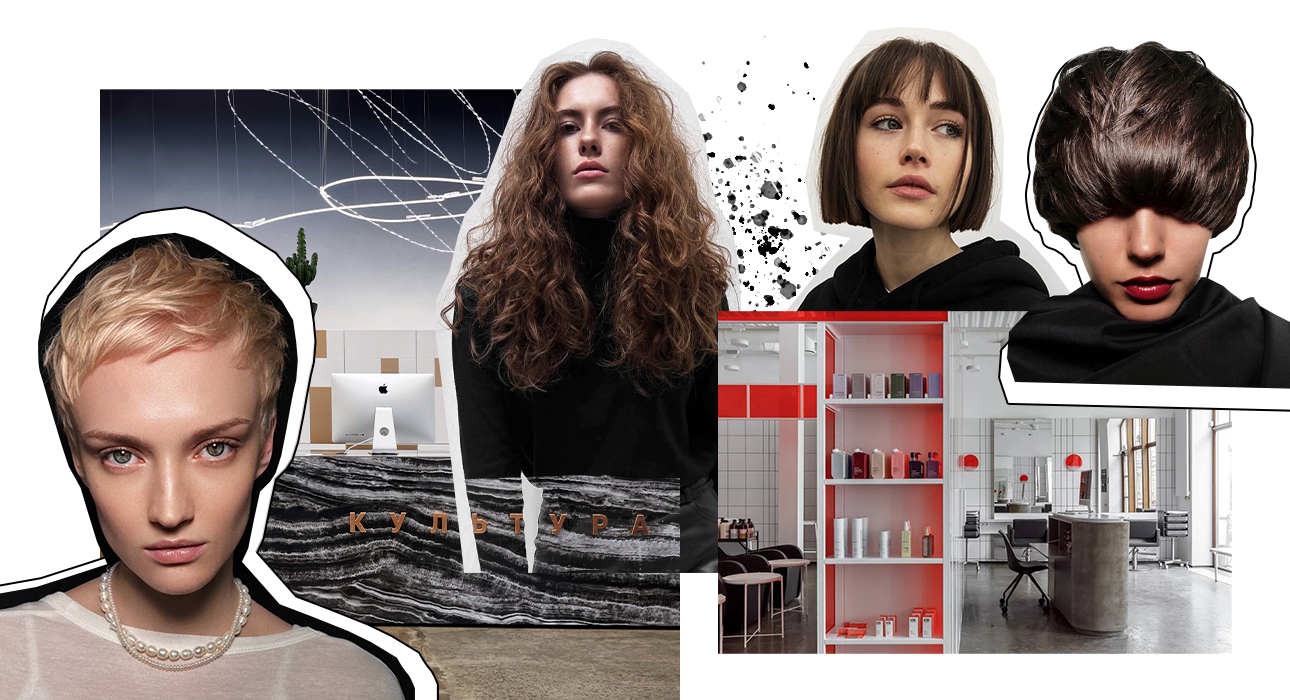
Dmitry Tsoi: The main thing for me is partnership. You cannot force anyone. You must have a mutual interest in working with each other. Know how to scatter and don’t be afraid to grow new stars.
Denis Borisov: The primary reason some masters choose beauty collaborative work is more profit. The second – the master thinks that he will be more free, will do what he wants, go out whenever he wants and work as much as he wants. This is an illusion. If the master has a strict track record, in any case, he will work from morning to night and accept clients. And if the master’s registration in the salon is not very intense, there is a risk of losing even more customers in the number of customers in joint work.
In general, the fact that the master leaves the salon does not mean that the client will follow him.

Firstly, not every customer will go to joint work. Usually this place does not mean service or even basic cleaning most of the time. Any collaborator tries to minimize their cost since this is a rental story. In addition, the master will not receive development, training, public relations, marketing, customer service and much more here.
latternot all masters are ready for independent activity: open an individual entrepreneur, keep their own records, invest in their training and development, invite influencers to their place, look for where to buy products for work, because good professional brands do not work with private hairdressers and they have to “buy the product”.
Third, society is important for team masters. A man needs a man, no matter what they say. Masters inspire each other to improve, but it’s all organically and with support.
How do you see the future of the beauty industry?
Denis Borisov: Of course robots! Big data and voice assistants will be used to register customers. The da Vinci system (approx. ed. – robot-assisted surgery system) will come from surgery to the working systems of cosmetology. But I’m not sure about hairdressing yet. There were attempts by Japanese manufacturers, but they could not go beyond robots for washing hair.
Painting and cutting is all about the master’s emotional intelligence, but not yet open to robots.
Source: People Talk
I’m Roger Gritton, and I’ve been writing for the The Fashion Vibes for over 5 years now. My specialty is beauty news; I’m passionate about covering the latest trends, products, and innovations in the industry. In my time there, I’ve become known as an authority on all things beauty-related.
I love discovering new experts to interview, researching up-and-coming ingredients and techniques that are making their way onto our beauty shelves and highlighting people who are making a difference in the world of cosmetics. My work has appeared not only on The Fashion Vibes, but also several other publications including the New York Times Magazine, Allure Magazine and Refinery29.

